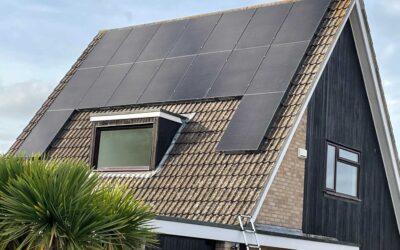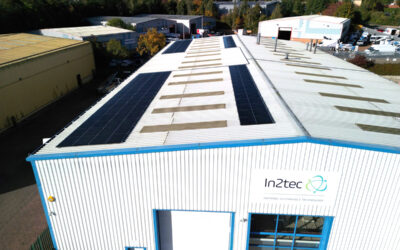Conducted by Centrica Business Solutions (CBS), the research report, Distributed Energy Future Trends: The insights behind sustainable business growth, features the findings of a survey of almost 600 UK businesses.
The survey found that 81% of companies already generating energy onsite have plans or aspirations in place to increase self-generation capacity over the next five years, in a move to become “power plant of the future”.
Almost three-quarters of businesses recognise the need for more flexibility in how they generate and use energy, according to the survey, with more than a third viewing energy security as a “substantial risk” to long-term business plans.
CBS’ sales director Ian Hopkins said: “Our research shows that UK businesses are responding to market forces around environmental performance to ensure their long-term success, we call this end-state the Sustainable Business. One action many are taking is to seize control of their energy needs, effectively becoming power plants in their own right. Crucially, we’re finding that the firms doing this tend to be the most economically sustainable and resilient businesses.
“The Government’s net zero target puts the country right at the forefront of the global climate change agenda. Businesses have an important role to play and the research indicates that today’s sustainable businesses see energy as an opportunity and a strategic asset, not simply a cost.”
While companies are considering the importance of self-generation, the survey suggests that many are still to consider the potential economic returns of doing so. Just one in five businesses view energy as an asset that can be traded to unlock revenue streams, suggesting that the use of smart data technologies, energy storage and demand response services are still limited within the private sphere.
A recent report from CBS has created a business case for smart technologies. New technologies such as battery storage and solar could “inspire a new industrial revolution” and save the manufacturing sector at least £540m on its energy bills, the company found.






0 Comments